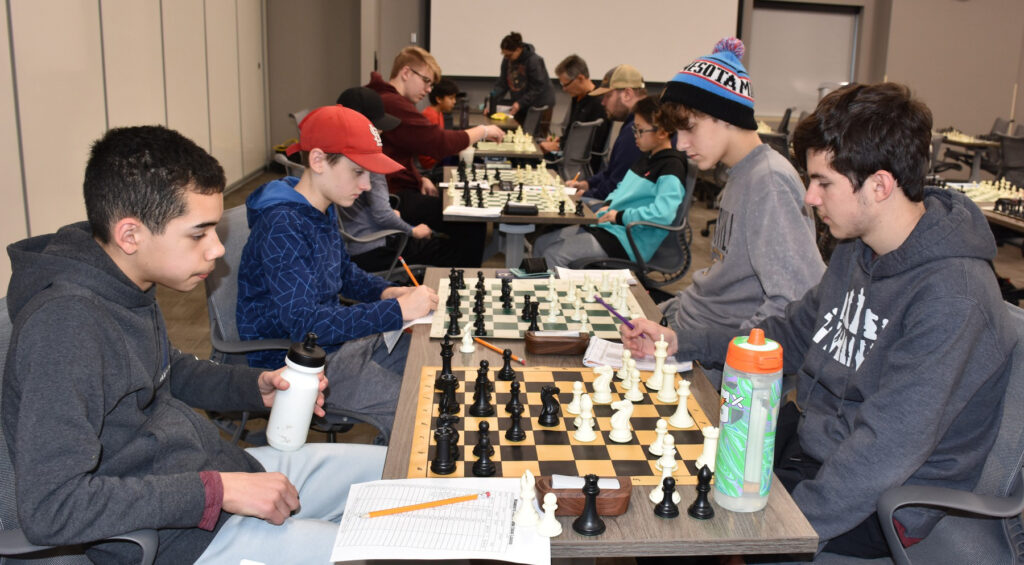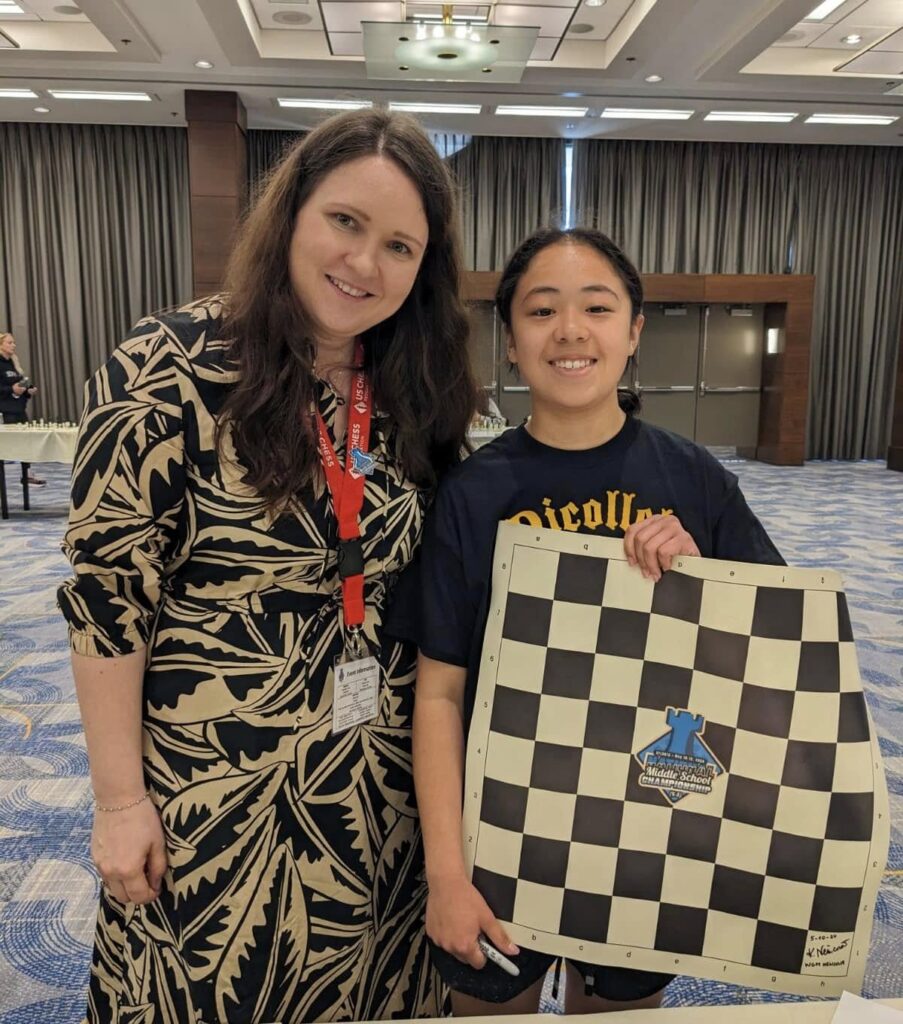Chess Education Builds Character
Chess encourages children to overcome the fear of risk taking;
it teaches concentration and self-discipline;
and enables children to assume responsibility for their decisions.
Chess rewards determination and perseverance;
raises self-esteem and promotes good sportsmanship;
and encourages socialization skills that extend across cultures and generations.
Chess is fun!

“The game of chess is not merely an idle amusement. Several very valuable qualities of the mind, useful in the course of human life, are to be acquired or strengthened by it… Life is a kind of Chess, in which we have often points to gain, and competitors or adversaries to contend with.” — Benjamin Franklin
Intellectual benefits of chess
Chess uses similar parts of the brain that learning a language does, exercising the mind’s ability to adapt and learn new ways of processing information, planning, and communicating. Chess has been seen to promote:
• improved cognitive development and information processing
• long-term problem solving
• well-reasoned decision making
• adaptive planning
• spatial awareness and pattern recognition
• planning and reacting simultaneously
• a love of learning and growth
• improved test and reading scores
Social and emotional benefits of chess
• Increased self confidence and self-control
• Sportsmanship and respect for opponents and teammates
• Learning to lose and win with dignity and respect
• Learning to take responsibility for mistakes
• An ability to improve and build others up simultaneously
• A community where students can feel safe and recognized with like-minded peers
• Safe and fun socialization
• Connection with mentors and coaches who are invested in student growth

